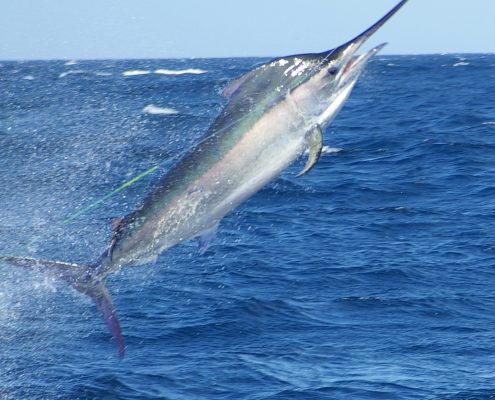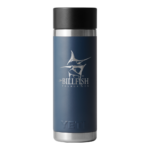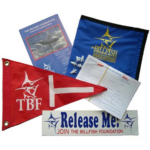
Could China’s heavy financial investments in and aid to Panama along with the 47 recent trade agreements between the two nations possibly lead to a diminishment of Pacific fish stock abundance and sportfishing experiences in Panama?
Possibly. That was the fear among sportfishing and
eco-tourism interests in Panama when recently learning that 13 large purse
seine fishing vessels currently in Peru may soon be catching cobia and black
skipjack tuna (bonito) off Panama, as part of an agreement with China. The purse seine caught fish are to be transshipped
to a large Chinese processing vessel offshore in international waters. The project is consistent with Panama’s 2016
“Plan of Action for Sustainable Aquaculture and Fishery” that seeks to
capitalize on growing demand from China.
Just a few years earlier in 2010, Panama’s President
Ricardo Martinelli helped curtail overfishing in the nation’s waters by signing
two important Decrees. The first in July 2010, Executive Decree 239, Article,1
prohibited purse seine gear from fishing within national waters. The second,
five months later, December 28, 2010, Executive Decree 486 prohibited pelagic
longline vessels, over six tons, from fishing within national waters. At the
time Dr. Ruben Berrocal, Panama’s National Secretar of SENACYT (Secretaria
Nacional de Ciencia, Tecnologia e Innovaction) stated,
“the President’s decision underscores his commitment to preserving our natural resources for future generation, and the economic and scientific benefits these measures produce are well-established. Through sustainable marine management efforts and the careful consideration of important advocacy programs to maintain our game fish–such as those supported by The Billfish
Foundation — we are committed toensure that Panama remains a world-renowned destination where commerce, science and economic productivity can live in harmony.”
Even with the two Presidential Decrees, the next
year Panama’s former Director of ARAP (Aquatic Resources Authority of Panama)
Kwai Ben Franklin claimed that purse seining was not prohibited in Panama’s
waters.
Sportfishing and eco-tourism interests have remained
concerned over whether the 13 large purse seine vessels would fish within
Panama’s waters, as part of agreements made with China. The collective concern pressured
Panama’s ARAP to clarify, which it did in a statement noting the agreements
between China and Panama did not exempt China from Panama’s fishing laws,
including Executive Decree 239, 2010, Article 1 that prohibited purse seine
fishing within its waters. ARAP added that Panama “will not authorize purse
seine vessels, whether of domestic or foreign service, of national or foreign
flag, to operate or develop tuna extraction activities with purse seines in the
jurisdictional waters of the Republic of Panama.” (FIS)
Currently, ARAP is drafting a law to update its
current fisheries legislation of 1959 to expand current areas where various
gear types are prohibited, and to prohibit the issuance of new commercial
fishing licenses. The Plan also is to streamline processes for obtaining and
maintaining fishing licenses” as a means to improve management. Fishing contributes 5% of Panama’s GDP.
The impact 13 large purse seine vessels fishing in
waters off Panama and other Central American nations may have on Pacific Ocean fish
abundance, especially billfish, and sportfishing opportunities and businesses is
unknown.
But the low priority given billfish conservation and management by the international regional management organization, Inter-American Tropical Tuna Commission (IATTC), provides little comfort that the flag state of the purse seine vessels or China will receive much scrutiny over their fishing and processing operations offshore. The lack of meaningful enforcement within national waters also raises concern.






